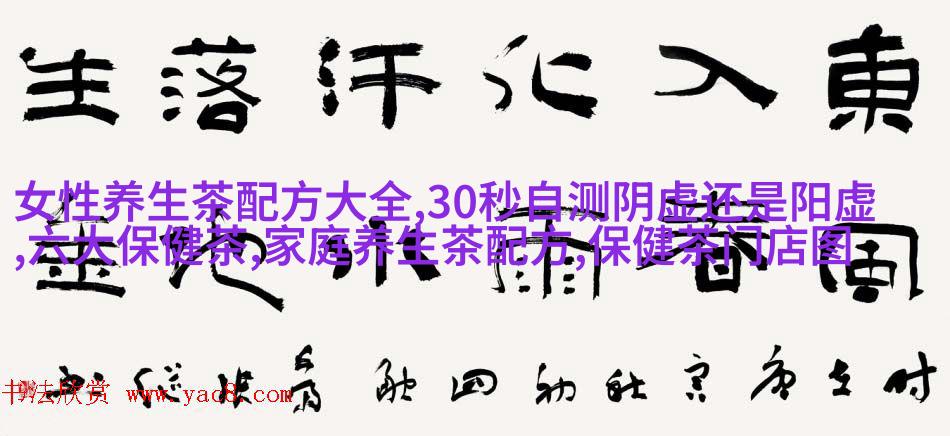From Leaf to Zen: Understanding the Spiritual Dimension of Chinese Tea Practices

The Art of Mindfulness in Chinese Tea Culture
In the heart of China's ancient traditions, tea has been more than just a beverage; it is an art form that transcends time and space. The spiritual dimension of Chinese tea practices can be best understood by delving into its history and cultural significance. As Confucius once said, "Tea is not drunk for its flavor alone but also for its fragrance." This quote encapsulates the essence of Chinese tea culture, where every sip is not only about savoring the taste but also about immersing oneself in a world of tranquility.

Introduction to China's Rich Tea Heritage
China boasts one of the oldest known tea cultures in the world, with records dating back as far as 2700 BCE. The country's diverse landscapes have given rise to numerous unique teas, each with its own distinct characteristics and flavors. From green teas like Longjing (Dragon Well) to black teas like Keemun, China offers an array of options that cater to every palate.

三句英文介绍中国茶文化:
"Chinese tea culture embodies a harmonious blend between nature and human ingenuity."
"Tea drinking in China symbolizes respectability and sophistication."

"The artistry behind brewing Chinese tea reflects patience and mindfulness."
Understanding Pu-erh: A Tale of Patience
Pu-erh is one type of fermented post-fermented tea originating from Yunnan Province in southwestern China. Its unique production process involves allowing raw materials such as leaves or stems to undergo microbial fermentation over several years or even decades before being sold on market shelves as compressed cakes called 'bricks' or loose leaf pu-erh.

A Cuppa Serenity: Mindfulness through Meditation
In traditional Buddhist monasteries across Tibet and parts o
